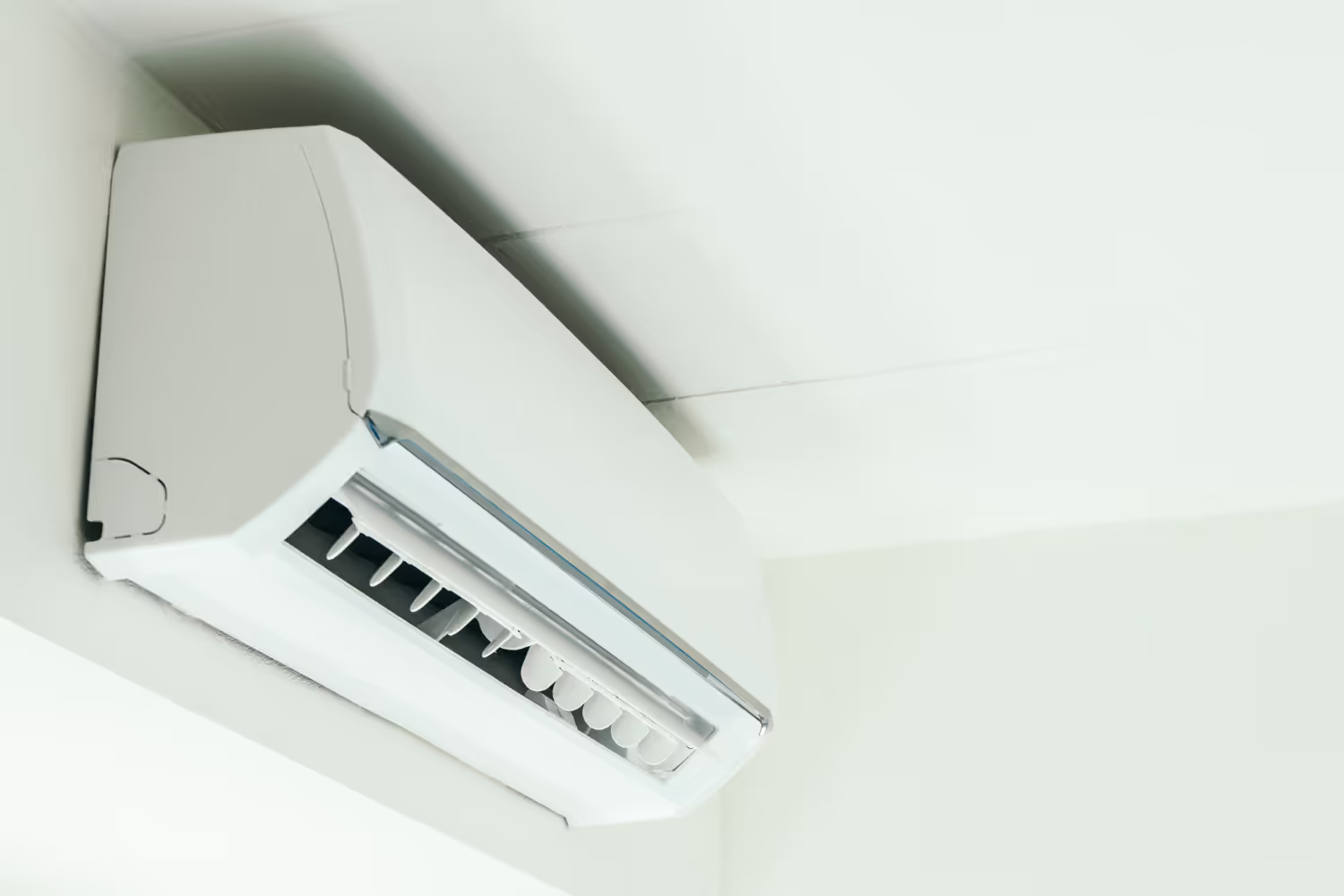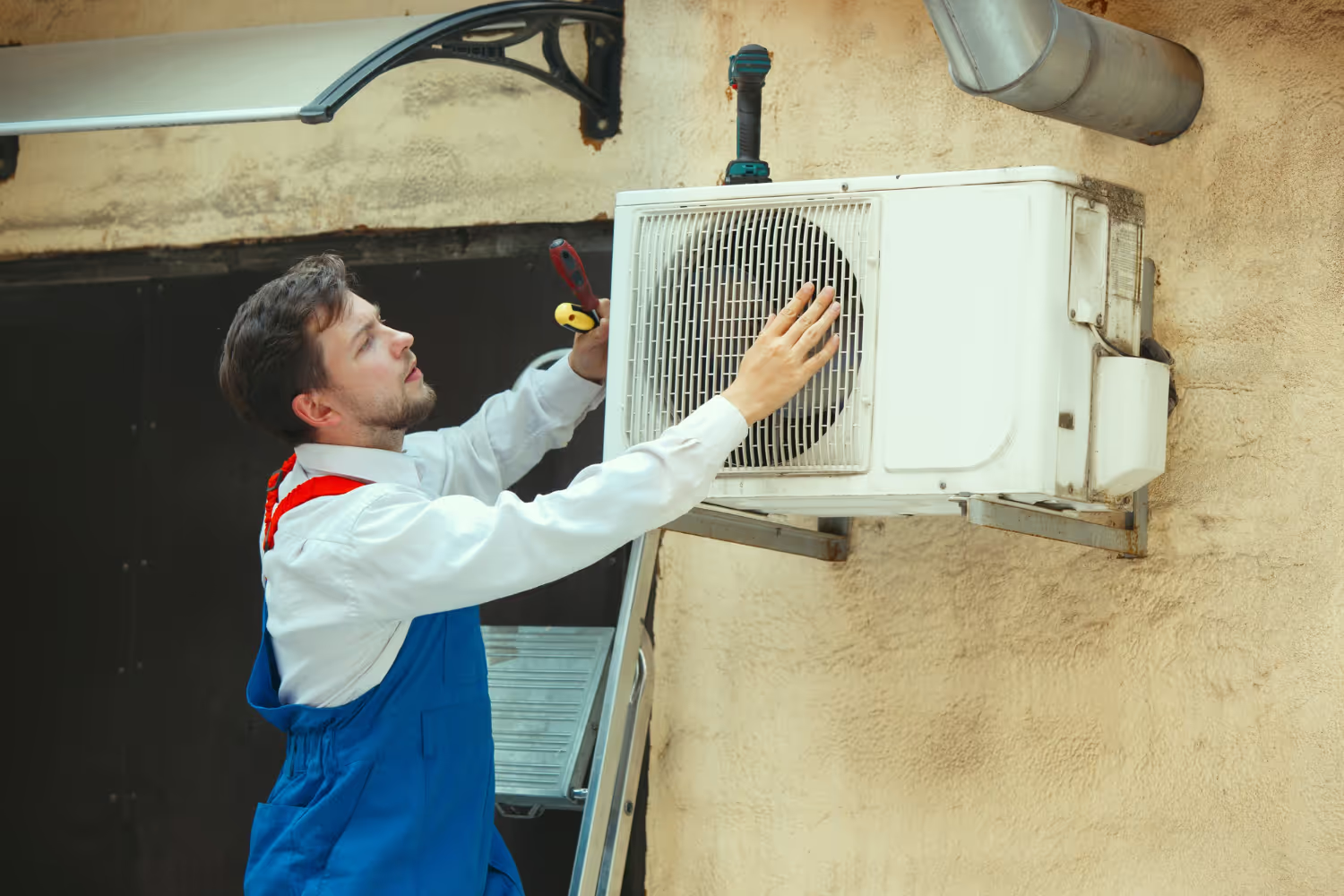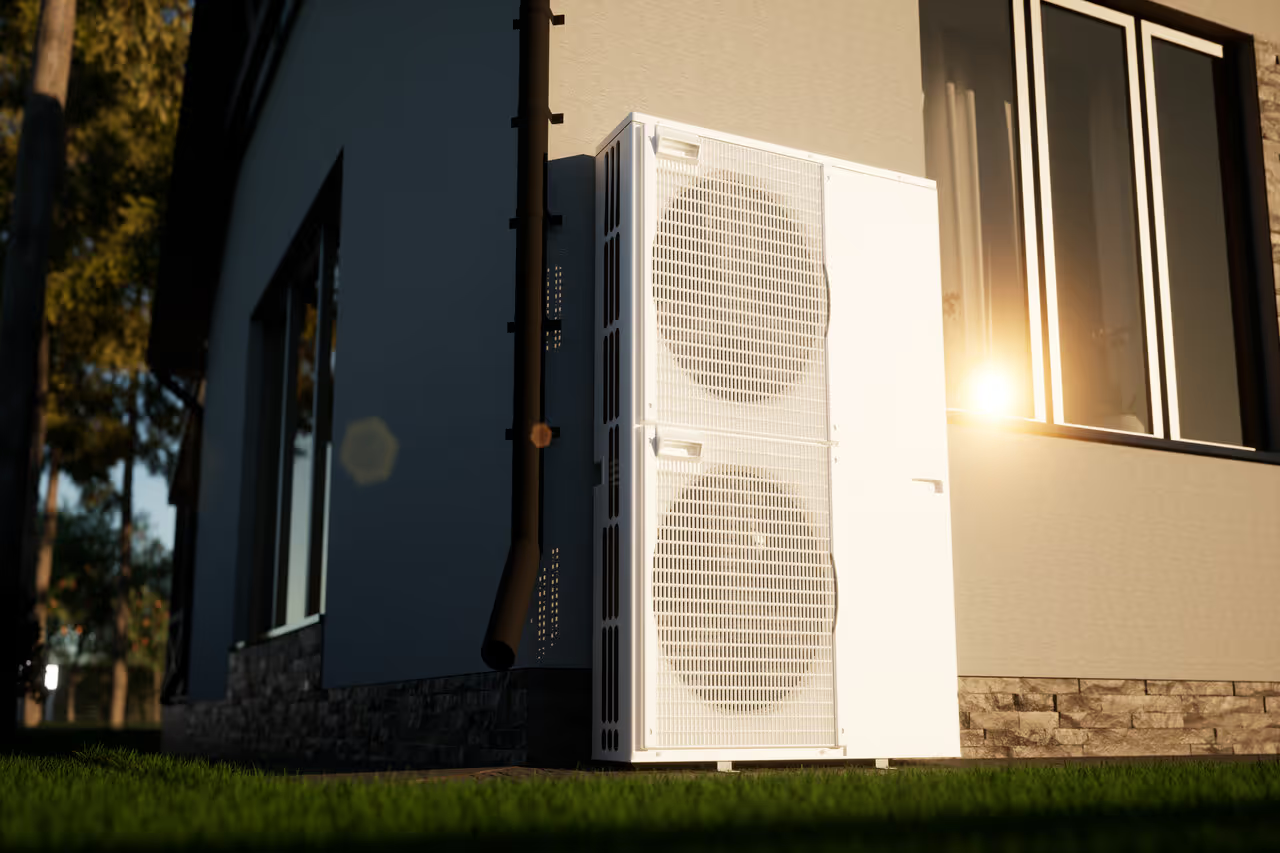Understanding Heat Pumps
Heat pumps are the unsung warriors of indoor comfort, able to both warm and cool your dwelling. They transport heat from one area to another, functioning even in icy weather conditions. But in Canada, heat pumps have been obscured by misunderstanding and fallacy for far too long.
Now it's time to get to the crux of the issue and debunk those misconceptions. We'll dissect the mechanics of these ingenious machines, uncovering their inner workings like a master magician revealing their tricks. But we'll also confront widespread misunderstandings, ensuring you're in the know about the real facts, not fantasies, surrounding heat pumps.
So, if you're a homeowner pondering a heating system upgrade or an avid knowledge-seeker, this blog is tailored for you. We'll shatter your preconceived ideas and revolutionize your comprehension of heat pumps in Canada.
How do Heat Pumps Work?
Heat pumps are stellar multi-taskers, keeping your home pleasantly warm in winter and refreshingly cool in summer. Essentially, heat pumps are advanced mechanisms designed to shift heat from one spot to another using ambient thermal energy. They can warm your home by pulling heat from the air, ground, or water, or cool it by taking heat out and releasing it outside.
Unlike traditional systems that generate heat or cold air, heat pumps operate on the principle of transporting heat. This makes them effective all-year-round solutions for climate control, as they can reverse the direction of heat transmission using a refrigeration cycle.
Different Types of Heat Pumps
There are several kinds of heat pumps, each tailored for specific situations:
- Air-Source Heat Pumps: Extract heat from outdoor air for heating and reverse the process for cooling in warm weather.
- Ground-Source Heat Pumps (Geothermal): Utilize the consistent temperature of nearby water bodies or ground as a heat source or sink, highly efficient.
- Water-Source Heat Pumps: Use a water source like a lake or pond to transfer heat.
- Hybrid Heat Pumps: Optimize efficiency by switching between electric and gas heating.
Key Components of a Heat Pump System
Heat transfer is orchestrated by several vital components:
- Evaporator: Transforms refrigerant into gas by absorbing heat.
- Compressor: Elevates the refrigerant gas's pressure and temperature.
- Condenser: Releases heat from the refrigerant gas into the environment, depending on the mode.
- Expansion Valve: Regulates the refrigerant's flow and cools it back into a liquid.
By cycling refrigerant between these parts, heat pumps can establish a consistent and comfortable indoor atmosphere, utilizing the least possible energy.
Debunking Myths about Heat Pumps
- Myth #1: Heat pumps are only for heating. (They offer both heating and cooling)
- Myth #2: Heat pumps are inefficient in cold climates. (Modern ones work very well in cold weather)
- Myth #3: Expensive to install and maintain. (They offer long-term savings, and maintenance costs are typically low)
- Myth #4: Heat pumps are noisy. (Current models are quiet and unobtrusive)
Advantages of Heat Pumps
- Energy Efficiency: Lower greenhouse gas emissions and carbon footprint.
- Cost Savings: Reduced energy costs and potential incentives.
- Versatility: Adaptable to various conditions, providing reliable heating and cooling.
- Durability: Long-lasting with minimal mechanical issues.
Heat Pumps in Canada
- Specific Considerations: Selection must suit temperature extremes.
- Popular Options: Air-source and ground-source heat pumps are common.
- Cost Comparisons and Incentives: Lower energy use can offset initial costs, and rebates may be available.
Wrapping Up
Heat pumps are more than a mere trend; they're a practical solution for modern homes. From debunking myths to understanding their mechanics and benefits, this blog aims to enlighten and inspire. If you're in Canada, it's vital to assess your unique climate needs and explore your options.
Consider the energy efficiency, long-term savings, and the eco-friendly attributes of heat pumps. It's not merely an investment in technology but a step towards a sustainable future.
So, let's fuel the heat pump revolution together. Embrace the facts, dismiss the myths, and enjoy the comfort and savings that come with these extraordinary devices. If you're ready to explore more, consult with professionals and become part of the heat pumps Canada movement today!










.jpg)


